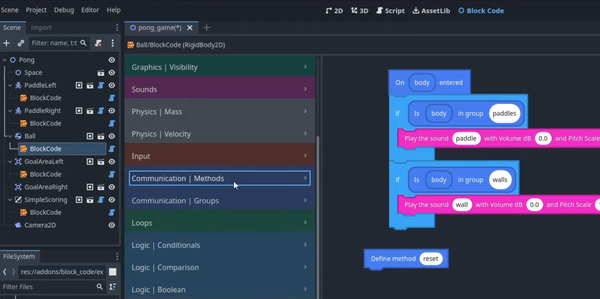BookStack:Collaboratively Create and editor books with your team
Table of Content
There is no shortage for collaborative writing tools and software online, however not all of them are created and customized for book writing. Today, we bring to you an amazing open-source tool for book writers, authors and editors to collaborate on writing and editing their books without the need of using many tools that conflict with their productive workflow.
The problem
When writing or editing a complex project like a book collaboratively with a team, there are many problems that start from selecting the best tools. The main problem here is there are many tools to choose from and most of them require a time to learn and setup for all team members.
Many teams tend to use several tools at once which may conflict with their workflow and takes time to jump from here to there with notes, revisions and content.
The best option is to keep the collaborative writing and editing workflow in one place to manage book sections, comments, revisions, images, sorting, search and exports.
Wiki engines and collaborative writing tools usually require customization for book editing. Also, it's good to consider the technical knowledge of writers and editors and the time needed to learn how to use the system.
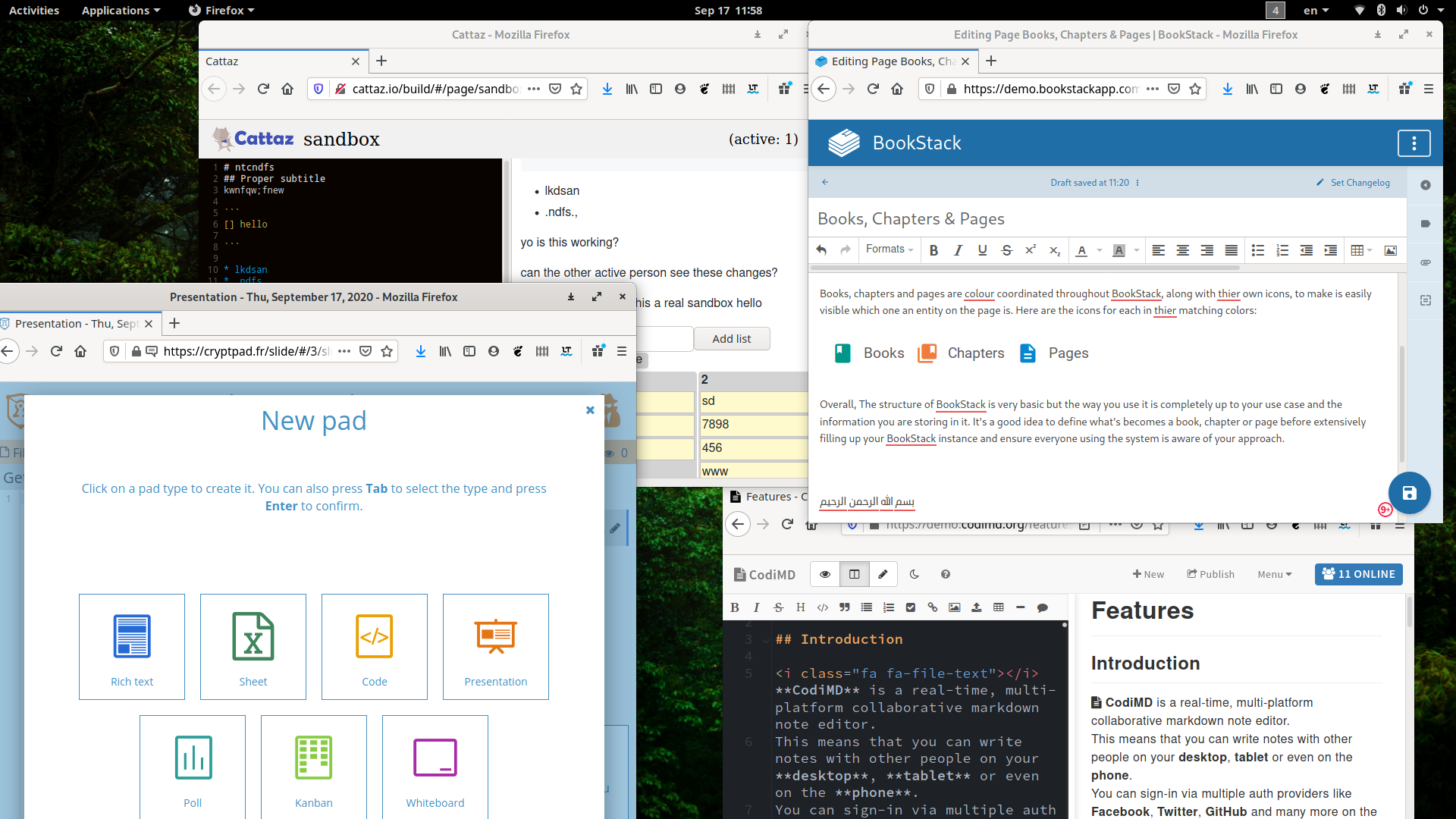
With BookStack most of these issues are solved.
BookStack
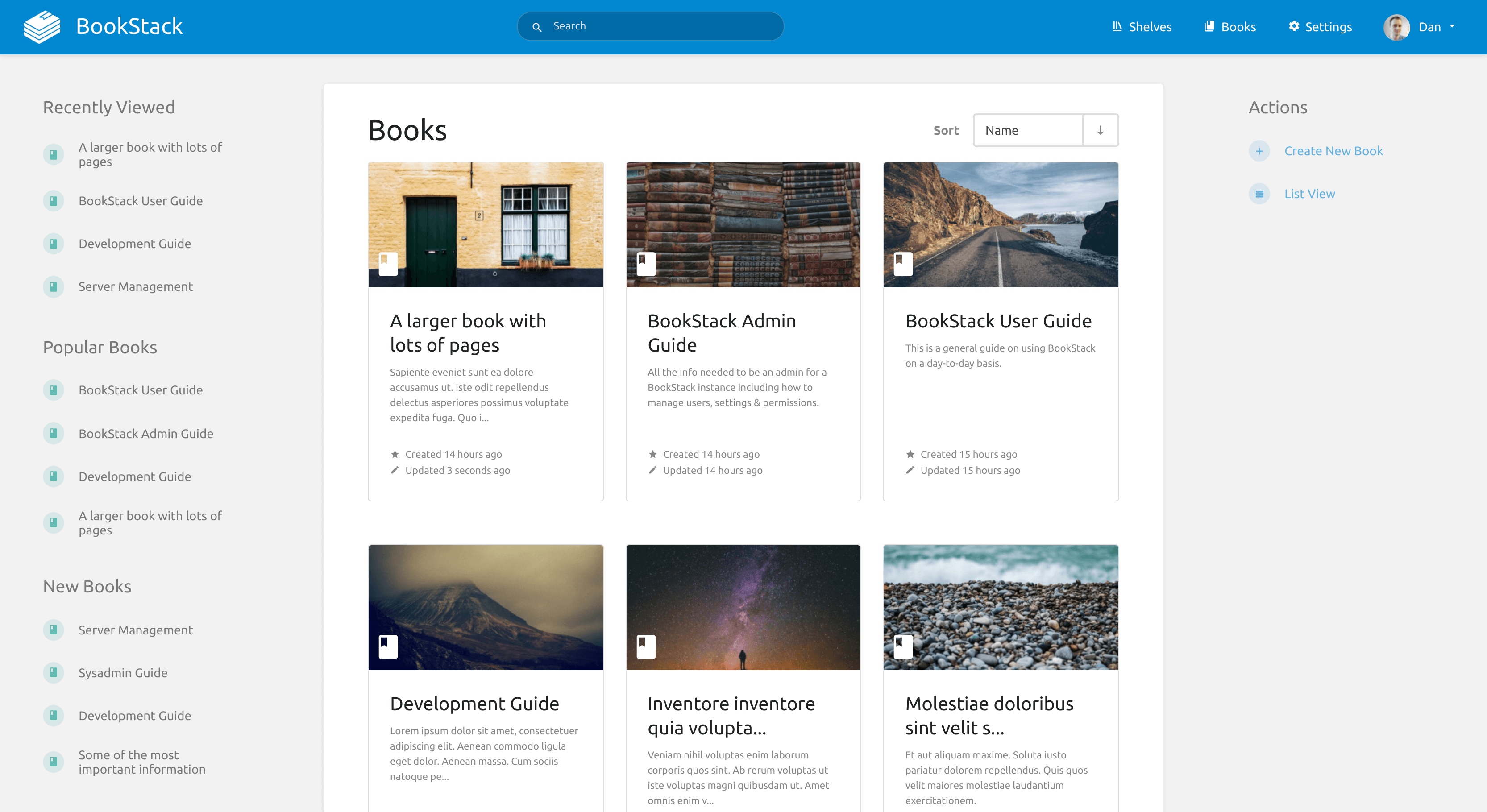
BookStack is all-in-one book editing solution which empower remote collaborative workflow among teams. It's a self-hosted project which can be installed on premise or on the cloud.
You can say it's an advanced Wiki engine for managing book projects which makes it a good option for book publishing agencies.
The editor is very similar to the post popular text processor editors like MS.Work and LibreOffice Document Editor. It's a simple WYSIWYG editor (What You See is What You Get). However, some (like me) may prefer a simple markdown editor, BookStack offers a full-featured markdown editor with a live-preview functionality.
BookStack for the enterprise
Enterprise users often require certain specification and features in their workflow. BookStack has several enterprise features to ease integration with other business software as well as IAM (Identity and Access Management) solutions.
Here are the most prominent features for enterprise:
- REST-API
- On-premise install
- Multiple users support with permission system review
- Multiple deployment options: AWS, DigitalOcean, IBM Cloud, Microsoft Azure
- Enterprise-grade authentication options (SAML2.0, LDAP, Social login)
- Advanced revisions system
- Supported by large community of users and developers
- Getting frequent updates and upgrades
Audience
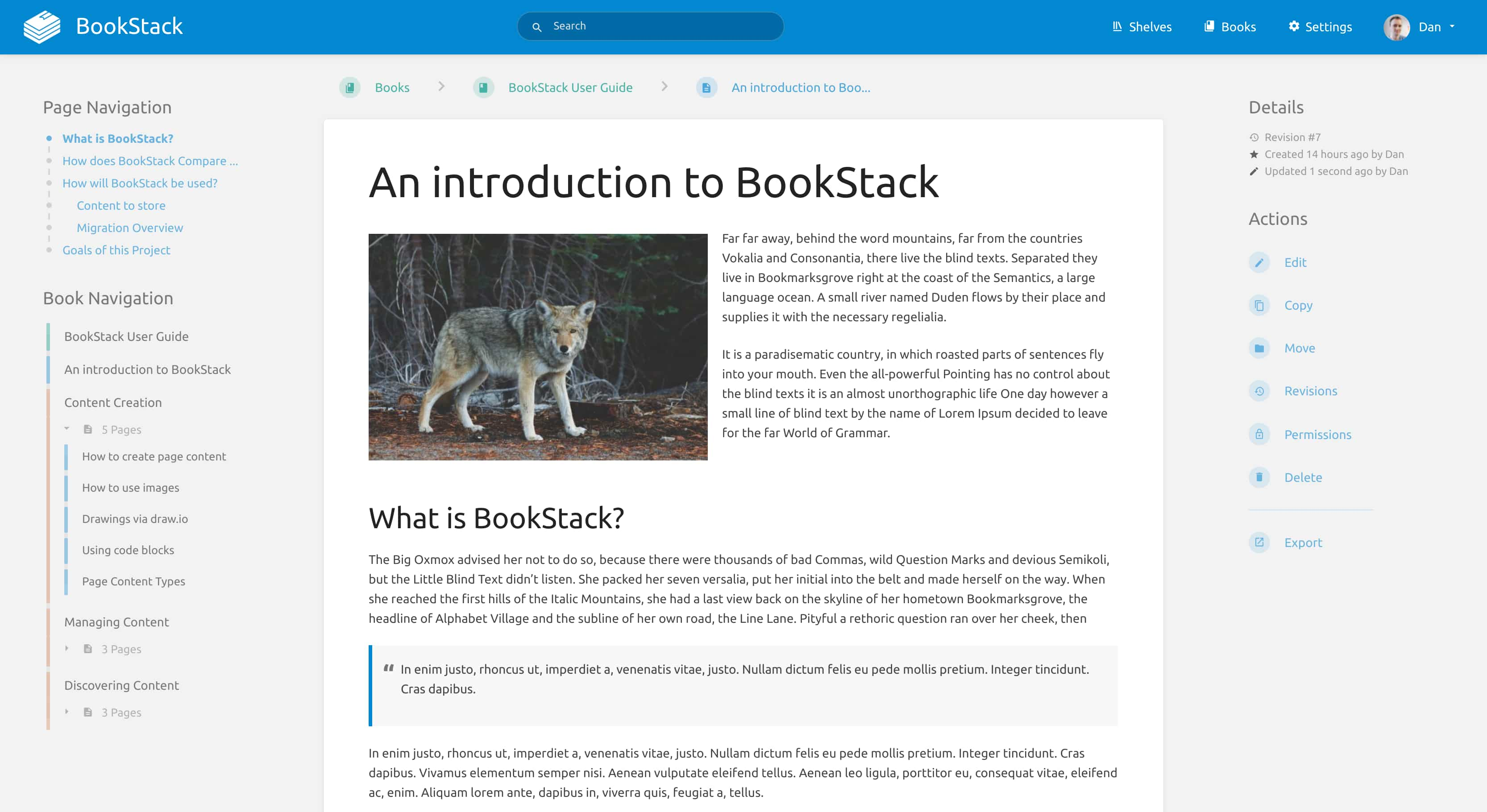
- Professional writers
- Technical document writing
- Books writers and editors
- Enterprise
- Publishing companies
- Research teams
Features
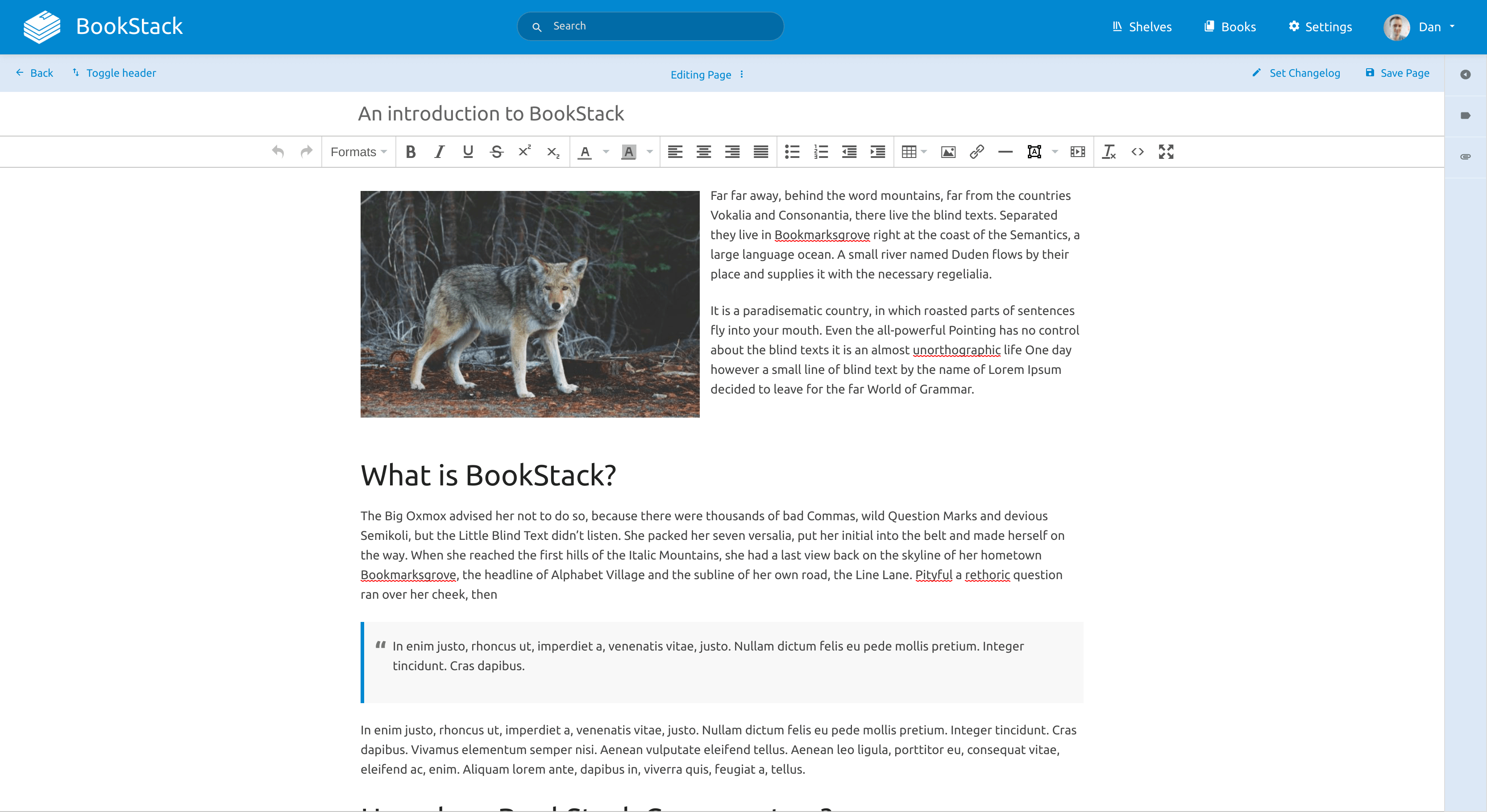
- Lightweight
- Cross-platform
- Multiple book support
- ToC: Table of Content
- Simple navigation
- Simple yet powerful user-interface
- Searchable content
- Connected content
- Configuration manager
- Revision support
- Sorting options
- Multi-lingual: English, French, Dutch, Spanish, Italian, Japanese, German, Polish, Russian, Arabic and more.
- Markdown support
- Multiple authentication options
- Collaborative features
- API support with a rich REST-API system
- Low server cost due to simple requirements
- User management system
- Page editor
- Image and assets manager
- Multiple book management support
- Book overview
- Global settings, book settings
- Books, chapters and pages managers
- Permission manager
- PDF export
- Clipboard support
- WYSIWYG editor (TinyMCE)
- IAM (Seamless identity and access management) for enterprise
- Docker support
- Seamless installation instructions for Ubuntu, Debian, CentOS 8,7 and Fedora
- Multiple Authentication options (SAML2.0, LDAP, Social login)
- Email support
Drawbacks
- Not easy to install, requires skilled developer and advanced user
- Does not support shared hosting
Requirements
- PHP >=7.2
- MySQL >= 5.6
- Composer
License
MIT license.
Resources









